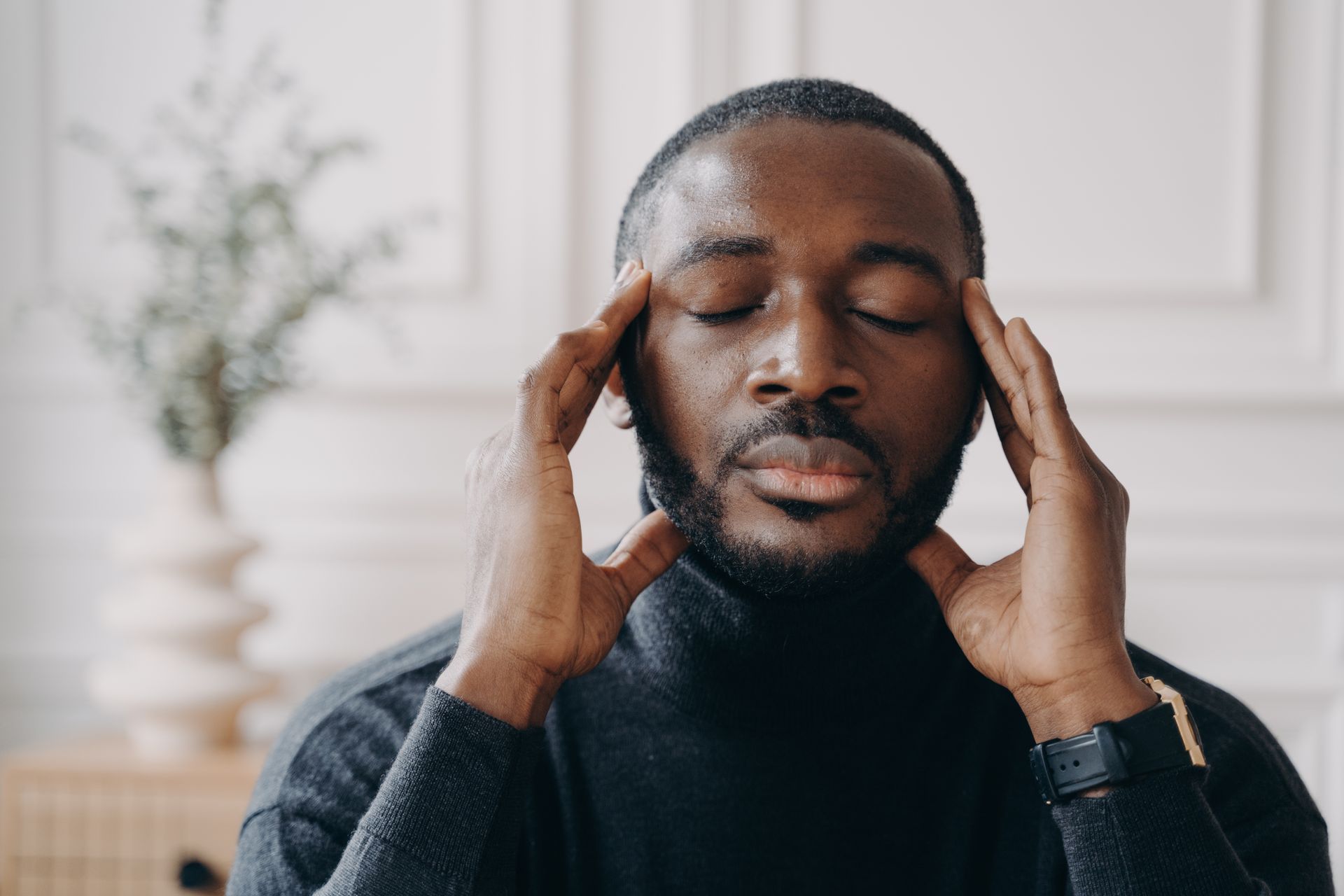Exercise and Managing Anxiety and Depression
Mental wellness is an essential component of overall health, and managing anxiety and depression is a critical aspect of maintaining that balance. One effective way to manage these mental health conditions is through regular physical activity. Exercise offers numerous psychological benefits, especially in alleviating symptoms of anxiety and depression. Understanding how exercise impacts the brain and learning to incorporate it into daily routines can significantly improve mental health.
The Brain on Exercise
Exercise triggers a range of chemical responses in the brain that contribute to improved mood and reduced anxiety. When you engage in physical activity, your brain releases endorphins, often referred to as "feel-good" hormones. These neurotransmitters act as natural painkillers and mood elevators, providing an immediate sense of well-being.
Serotonin, another crucial neurotransmitter, is significantly impacted by exercise. Low levels of serotonin are often linked to anxiety and depression. Regular physical activity can help boost serotonin production, enhancing mood stability and reducing symptoms of these mental health conditions. Additionally, exercise promotes the release of other chemicals, such as dopamine and norepinephrine, which further help regulate mood and emotional responses.
Increased blood flow to the brain during exercise also supports neural health by fostering the growth of new neurons and improving cognitive function. This neurogenesis can help counteract the brain's stress response, providing long-term benefits for managing anxiety and depression.
Reducing Anxiety Through Movement
Anxiety manifests as excessive worry, tension, and physical symptoms like increased heart rate and muscle tension. Exercise can be a powerful tool for managing these symptoms. Physical activity reduces muscle tension, lowers resting heart rate, and decreases stress hormones like cortisol. This physiological shift helps calm the body and mind, alleviating acute anxiety symptoms.
Aerobic exercises, such as running, swimming, or cycling, are particularly effective for reducing anxiety. These activities increase heart rate and promote cardiovascular health, which directly impacts the body's stress response system. Engaging in regular aerobic exercise can create a sense of routine and predictability, which is often comforting for those experiencing anxiety.
Mind-body exercises like yoga and tai chi also offer significant benefits. These practices emphasize mindfulness, deep breathing, and relaxation techniques, which help reduce the physiological symptoms of anxiety. The combination of physical movement and mental focus creates a holistic approach to managing anxiety, making these exercises ideal for those seeking both mental and physical benefits.
Combatting Depression with Physical Activity
Depression often leads to feelings of sadness, hopelessness, and a lack of interest in activities once enjoyed. Exercise can counteract these symptoms by stimulating the brain's reward system and improving self-esteem. The sense of accomplishment from completing a workout or achieving a fitness goal can provide a much-needed boost in confidence and motivation.
Strength training and resistance exercises are particularly effective for improving mood and combating depression. These workouts require focus, determination, and a sense of progression, which can help break the cycle of negative thoughts and feelings. As physical strength increases, so does emotional resilience, making it easier to cope with depressive symptoms.
Group exercises and team sports offer additional benefits by providing social interaction and support. Socializing with others during physical activity can reduce feelings of isolation and create a sense of community. The camaraderie and shared goals in group settings can also enhance motivation and accountability, making it easier to stick with an exercise routine.
Setting Realistic Fitness Goals
Incorporating exercise into your daily routine begins with setting realistic and achievable fitness goals. Start by assessing your current fitness level and identifying activities that you enjoy. The key to long-term success is choosing exercises that you find enjoyable and sustainable.
Begin with small, manageable goals to build confidence and create a habit. For example, aim to walk for 20 minutes three times a week or attend a beginner yoga class. Gradually increase the intensity and duration of your workouts as your fitness improves. Setting incremental goals allows you to celebrate small victories and maintain motivation.
Consistency is more important than intensity. Regular, moderate exercise can be more beneficial for mental health than sporadic, intense workouts. Find a routine that fits your lifestyle and schedule, whether it's morning walks, lunchtime runs, or evening gym sessions. The goal is to make physical activity a regular part of your life.
Tips for Incorporating Exercise into Daily Routines
Incorporating exercise into your daily routine doesn't have to be complicated. Here are some practical tips to help you get started:
- Schedule Your Workouts: Treat exercise like an appointment. Block out time in your calendar and commit to it as you would any other important task. Consistency is key to reaping the mental health benefits of physical activity.
- Mix It Up: Variety can keep your routine interesting and prevent burnout. Try different types of exercises, from cardio and strength training to yoga and dance classes. Mixing up your routine can also target different muscle groups and improve overall fitness.
- Find a Workout Buddy: Exercising with a friend or family member can provide accountability and make workouts more enjoyable. Social support can be particularly beneficial for those struggling with anxiety and depression, as it reduces feelings of isolation.
- Incorporate Movement into Daily Activities: Look for opportunities to add physical activity to your daily routine. Take the stairs instead of the elevator, walk or bike to work, or do a quick workout during TV commercials. These small changes can add up over time.
- Listen to Your Body: Pay attention to how your body feels during and after exercise. While pushing yourself is important, it's equally crucial to recognize when you need rest. Overexertion can lead to burnout and injury, so balance your workouts with adequate recovery time.
The Long-Term Impact of Exercise on Mental Health
The benefits of exercise for mental health extend beyond immediate mood enhancement. Regular physical activity can lead to long-term improvements in mental well-being by fostering resilience and coping skills. The discipline and structure required for consistent exercise can translate to other areas of life, promoting a sense of control and stability.
Over time, the cumulative effects of exercise can reduce the frequency and severity of anxiety and depression episodes. Enhanced neuroplasticity from regular physical activity supports better stress management and emotional regulation, providing a buffer against future mental health challenges.
Additionally, the positive habits formed through regular exercise can lead to other healthy lifestyle changes. Improved sleep, balanced nutrition, and mindfulness practices often accompany a commitment to physical activity, creating a holistic approach to mental wellness.
Unlocking mental wellness through exercise is a powerful and accessible strategy for managing anxiety and depression. The chemical changes in the brain, coupled with the physical benefits of regular activity, provide a comprehensive approach to improving mental health. By setting realistic fitness goals and incorporating exercise into daily routines, individuals can experience the profound impact of movement on their overall well-being. Consistency and variety in physical activity can create lasting changes, fostering resilience and enhancing quality of life.
Ready to take the first step towards a healthier, happier you? Our team is here to support your journey with personalized fitness and wellness plans tailored to your mental health goals. Discover the difference a balanced approach can make.
Contact us today to get started!











